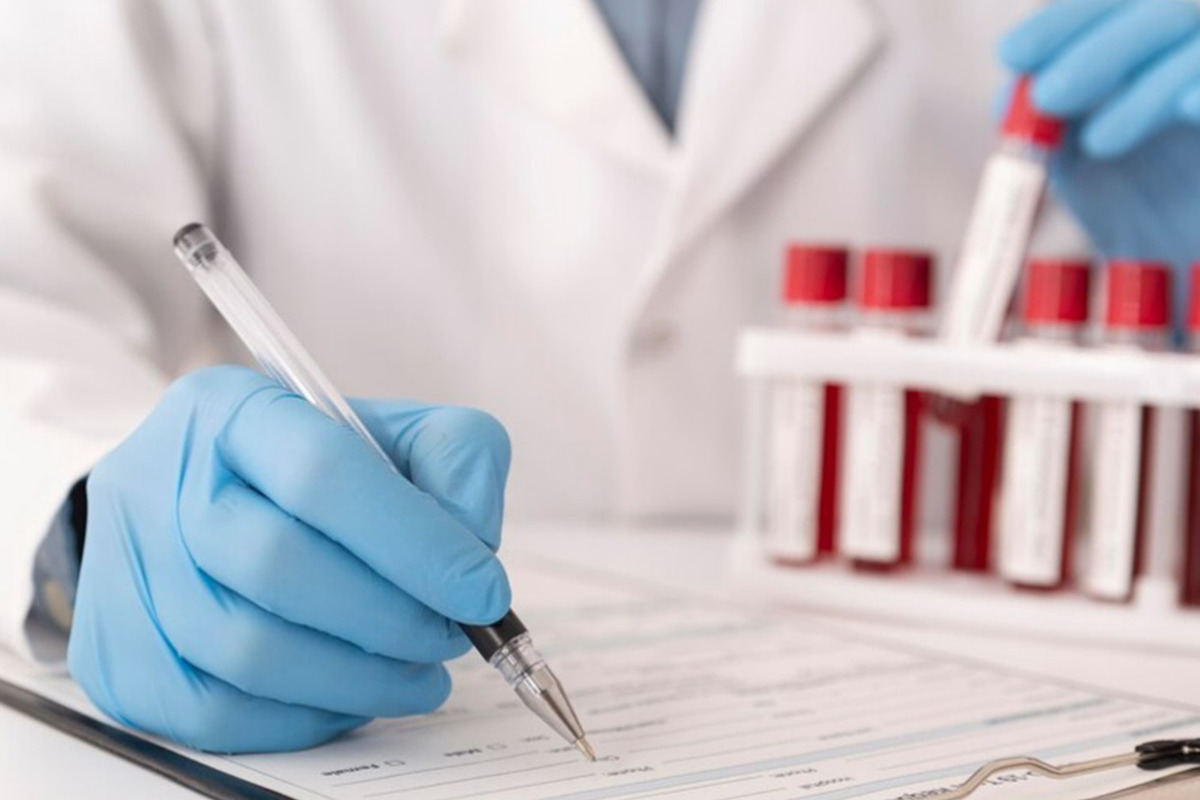A test has been developed to quickly determine the syndrome of dangerous female disease
[ad_1]

The new product can significantly speed up the process of diagnosing the disease
Polycystic ovary syndrome (PCOS) is a fairly common problem in women. The disease develops when the ovaries begin to secrete excess androgens and lead to such undesirable manifestations as: excessive hair growth, heavy or, on the contrary, irregular menstruation, and sometimes infertility.
The blood test, which provides results in less than 20 minutes, can speed up and simplify diagnosis of the underlying cause of female infertility, hair growth in unusual areas of the body and weight gain.
The test detects PCOS, which affects around one in 10 women of childbearing age in the UK. This leads to heavy or irregular periods, acne, problems conceiving, as well as excess weight and hair growth on the face, chest and abdomen.
The syndrome develops when the ovaries begin to excessively secrete androgens. They also cause dozens of tiny cyst-like growths to appear on the surface of the ovaries. Cysts are filled with immature eggs that do not come out due to hormonal imbalance. This leads to decreased ovulation and fertility problems (about a third of infertility cases in women are associated with PCOS).
This disease, the Daily Mail clarifies, is incurable, and any treatment is aimed only at eliminating unpleasant symptoms.
Early diagnosis is important because PCOS is also associated with an increased risk of developing type 2 diabetes. However, research shows that about a third of women with the syndrome wait two years or more to be diagnosed.
The condition is usually diagnosed based on symptoms, and then patients are referred to the hospital for a pelvic ultrasound. We won’t describe it in detail; the procedure is not the most pleasant. Many women find this method extremely inconvenient. A new test approved in the UK last week to check for PCOS could significantly reduce diagnosis time.
The Elecsys Anti-Müllerian Hormone Plus test is already used in the NHS to measure female fertility.
Anti-Mullerian hormone (AMH) is produced by ovarian cells—higher levels usually indicate a woman has a healthy number of eggs.
Developed by Roche Diagnostics, the method involves taking a small sample of blood from a vein. The sample is then sent to a laboratory to check AMH levels using a test that takes just 18 minutes, and patients receive results the next day.
Leading PCOS expert and Professor of Reproductive Medicine and Surgery at Leeds University Hospitals NHS Trust Adam Balen said the new test could be a simpler alternative to transvaginal organ scans: “I welcome any new test that can help quickly diagnose PCOS – it is a common condition causing a lot of suffering.”
[ad_2]
Source link








